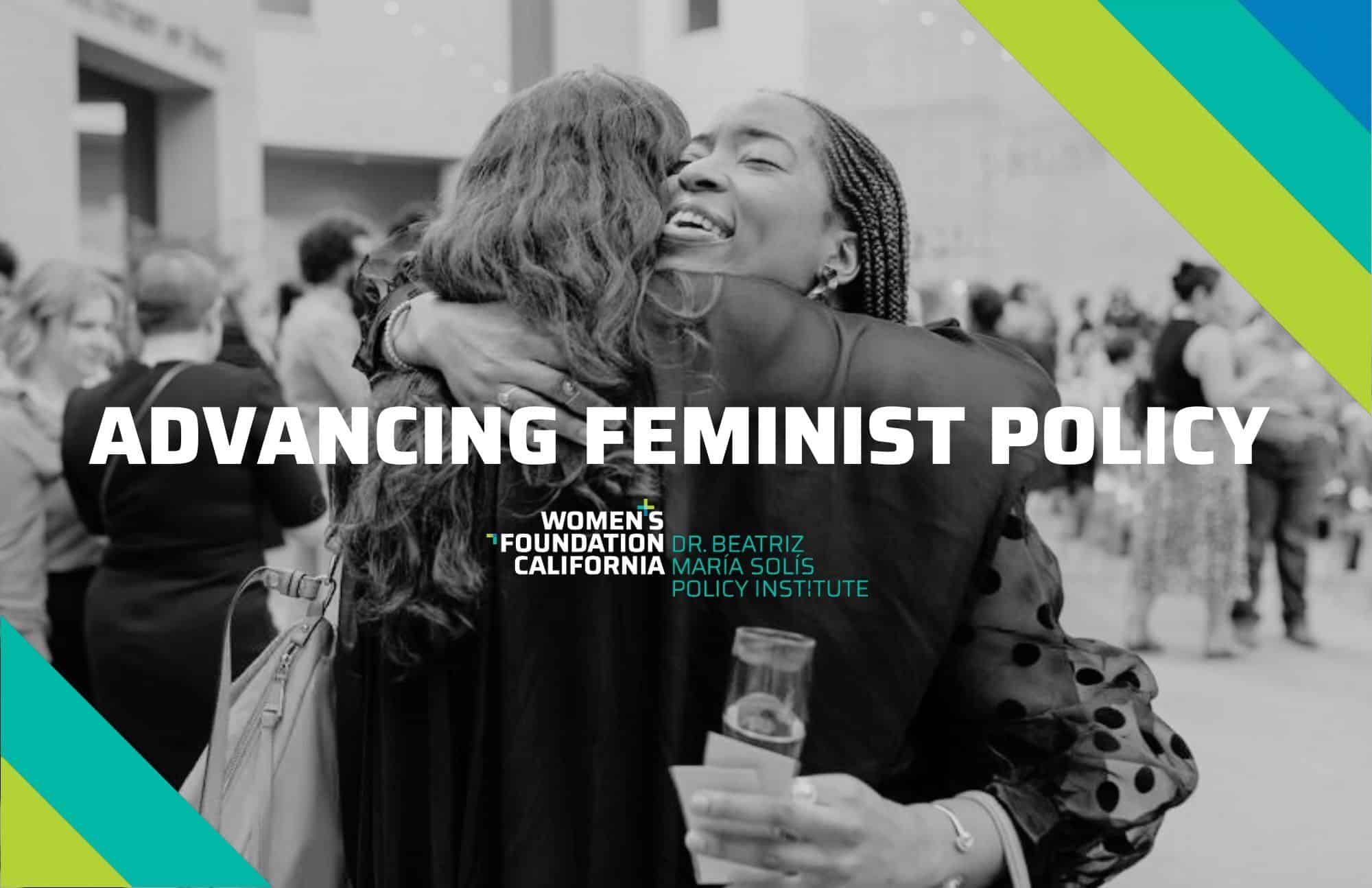
Penny Newman grew up in a big family, in a small town in Riverside County, under the watchful eye of her loving, stern mother. “I couldn’t get away with anything without my mom knowing exactly what I was doing. Everybody looked out for each other. It was a caring community.”
For the last 35 years Penny has been working to build nurturing, strong and safe communities in the Inland Valley. As a young woman, she and a “ragtag” group of concerned mothers took to court a host of corporations, including General Electric, McDonnell Douglas, Northrop, Montrose Chemical Co. and Rockwell International and won more than $114 million in damages. One of those lawsuits was against Alumex Inc., an aluminum manufacturer who dumped toxic waste in their backyards.
They also took on the EPA, the Santa Ana Regional Water Quality Control Board and the California Department of Toxic Substances Control, proving that there was negligence in the way they handled the toxic site clean-up. In the process, these brave women created a legendary community organization, Center for Community Action and Environmental Justice, and spearheaded remarkable policy changes at the local, state and federal levels. Today, Penny is a fellow in our Women’s Policy Institute-Riverside program. And although she’s already a celebrated leader and advocate, she’s joined our program because she wants to work with and learn from other powerful women working in other disciplines and issue areas.
You’re a legendary activist. How did it all start?

It was 1978. I was a young mother of two kindergarteners. We discovered that our children were being exposed to hazardous chemicals while at school. Basically, the Regional Water Quality Control Board decided it was acceptable to allow 35 million gallons of toxic fluid to flow within our community, and we had no idea. My two boys were playing and splashing in the hazardous puddles. I cringe when I think about it: they were making foam beards!
What’s worse, the school district told the teachers not to tell us parents what was happening. The teachers were told that they would lose their jobs if they talked to us.
Luckily for us, the teachers said something. At first we were shocked and couldn’t believe this was happening. Then we became disillusioned: we couldn’t believe that the state would put kids in that situation. Finally, we got really angry at not having a say in the lives of our children.
So you decided to do something.
We had to! Our children’s lives depended on it. So the mothers organized and started demanding a role in the decisions as we went forward. We basically started a working class women’s movement. We found our voice. We found that we could do things besides taking care of the kids, cooking and cleaning.
We could make ourselves heard and we were doing something significant.
It must not have been easy.
This happened in 1978–1980 and it was very difficult to stand up then. We were learning how to organize by the seat of our pants. My house was converted into the headquarters. My dishwasher became a file cabinet for all of the documents. The phone was ringing off the hook.
The newspapers called us “hysterical housewives.” Every time we went into a hearing we were dismissed. There were all these men at these hearings just ridiculing us.
But we kept at it and we kept being proved right. Pretty soon they couldn’t ignore us anymore and they couldn’t deny the chemicals in our community. We had it pretty well documented.
You created the now legendary Center for Community Action and Environmental Justice. Tell us about your organization.
Two years ago we celebrated our 35th anniversary! We created the Center for Community Action and Environmental Justice in the aftermath of the toxic spill in our community. It’s a people’s institute where community members come to get information, learn skills, build confidence and practice speaking truth to power—and owning their power.
In the beginning, we were a ragtag group of women but we had many significant victories. We won many lawsuits. We helped create the Department of Toxic Substance Control. We changed the state law so that now there are clear polices for how to respond to hazardous waste spills. For example, you probably can’t imagine not having HAZMAT teams, but before us none existed.
What have you learned doing this work over the last 35 years?
We learned that communities must fight their own battles. The Center is there to help them think through their strategies, help them research and understand the data. We’re there to have their back, to make them feel supported and not alone. But we insist that people always fight their own battles.
We’ve also learned that the battle you are fighting is always bigger than one issue or one community. We learned that we needed to change policy. By changing policy, we can ensure that no other community has to fight the same battle.
There’s no way to build a more just world if we only take care of ourselves. That’s why an action, if done right, needs to change local, state or federal policies.
